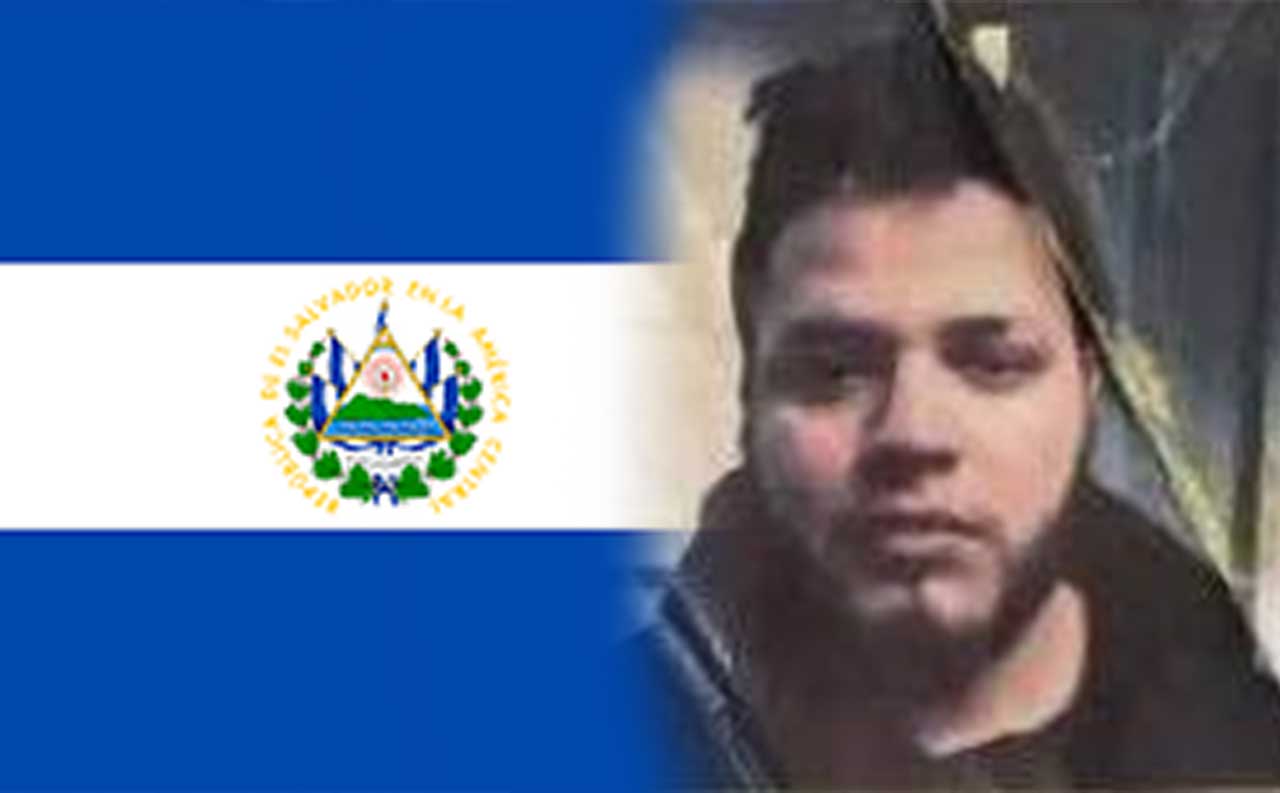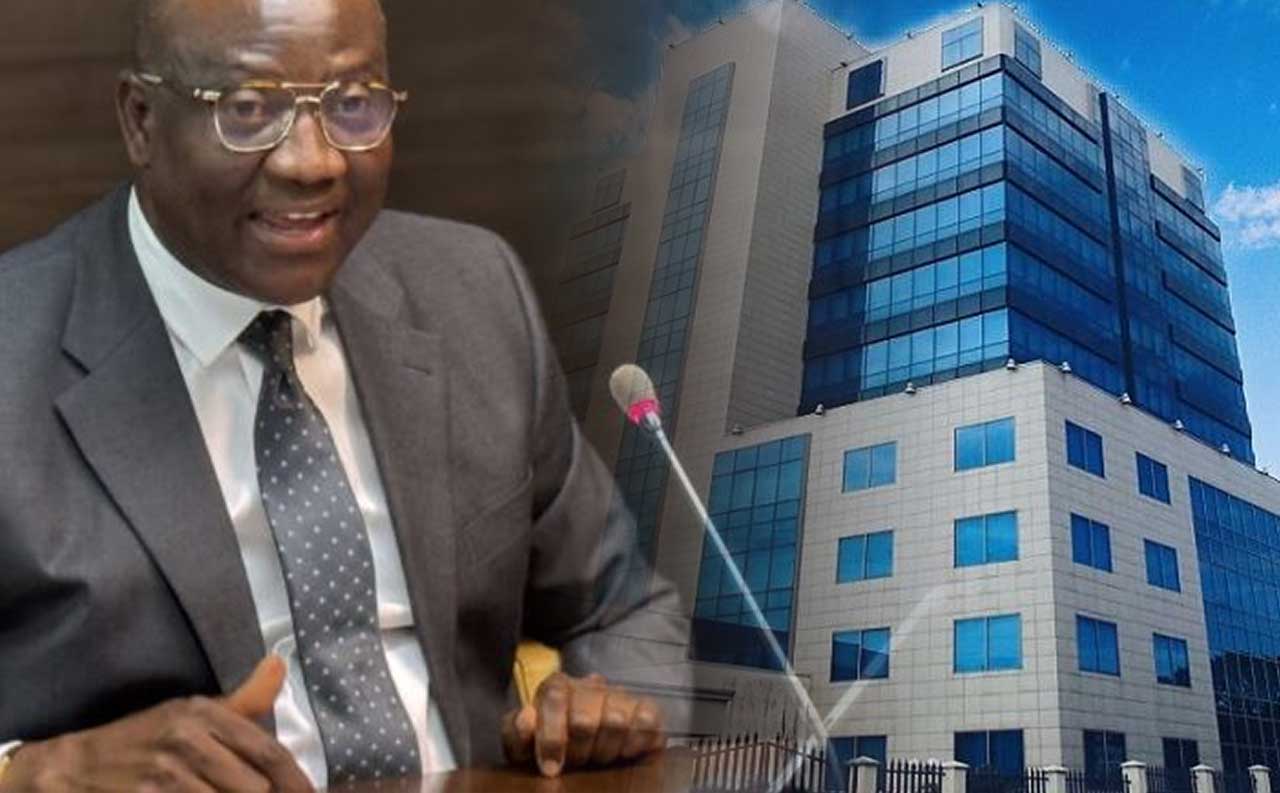The Government of Liberia has announced its decision to receive Mr. Kilmar Armando Abrego Garcia on a strictly humanitarian and temporary basis, following a formal request from the Government of the United States of America. This decision was reached after extensive consultations with relevant national and
International stakeholders, reflecting Liberia’s enduring commitment to upholding the principles of human dignity, international solidarity, and compassion in times of distress. Liberia’s actions are guided by both international humanitarian norms and its longstanding tradition of offering refuge to those in need. As one of Africa’s oldest republics, Liberia has historically extended protection and goodwill to individuals and communities needing assistance, including African freedom fighters and democracy advocates who once found safety on Liberian soil.
In this instance, Liberia’s decision reaffirms its role as a responsible member of the international community and a country that remains committed to humanitarian cooperation anchored in law, due process, and mutual respect among nations. The Government, through the Ministry of Foreign Affairs, will continue to engage closely with the U.S. Department of State to ensure that all assurances and arrangements between the two countries are fully observed.
The process will be undertaken in strict coordination with competent Liberian security, immigration, and justice authorities, as well as with international partners, to guarantee the highest standards of safety, transparency, and humane treatment. The implementation of this decision will adhere to the following safeguards, which include comprehensive security screening and vetting by the relevant Liberian authorities prior to and upon arrival; respect for due process and human rights, including access to appropriate legal and procedural protections in keeping with international obligations as well as non-refoulement assurance, ensuring that Abrego Garcia will not be returned to any country where he may face a substantial risk of persecution, torture, or other serious harm.
According to an Executive Manson release, coordination with the United Nations and other partners to explore durable and lawful solutions consistent with international law, including potential resettlement or lawful transfer where appropriate is among safeguard measure. The Government of Liberia welcomes the United States’ acknowledgment of this humanitarian act and notes that this action was undertaken voluntarily, in good faith, and solely on humanitarian grounds. The release indicated that the decision underscores the longstanding friendship between Liberia and the United States, built upon shared values of humanity, freedom, and justice.
Who Is Kilmar Abrego Garcia
Kilmar Abrego Garcia was born in the Los Nogales neighborhood of San Salvador, El Salvador, in July 1995. In El Salvador, the Barrio 18 criminal gang extorted his mother’s pupusa (a street food) business for money and threatened that if she did not pay the money, they would force her eldest son, Cesar, to join the gang; the gang later threatened to kill him. As a result, the family paid the money and hid Cesar, eventually sending him to the United States. Barrio 18 then turned its attention to Kilmar, who was around 12 years old.
The gang followed Kilmar and continued to threaten his family. Eventually, when Kilmar was 16 years old, his family sent him to the US as well. Court documents indicate that around 2011 or 2012, he illegally crossed the Mexico–US border near McAllen, Texas. In other court documents, the government stated that he entered the US “at or near an unknown place on or about an unknown date”. From the US border, Abrego Garcia traveled to Maryland in order to live with his brother Cesar, who became a US citizen. In 2016, Abrego Garcia met Jennifer Vasquez Sura, a US citizen, and they later married. After marrying, the couple had one child, whom they raised alongside Vasquez Sura’s two children from an earlier relationship.
All three children have special needs; the son born to the couple has autism and a hearing defect, and is “unable to communicate verbally”. Abrego Garcia lived in Maryland with his family, and at the time of his deportation had not been charged with or convicted of any criminal offense, including gang membership, in the US or El Salvador.



